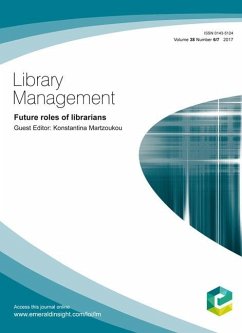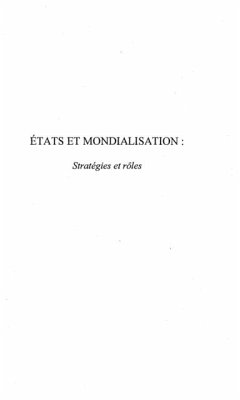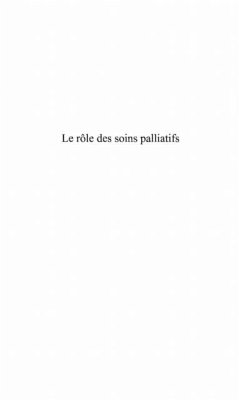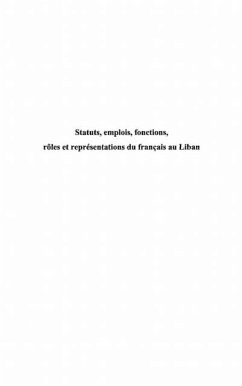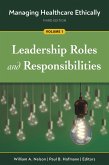The modern academic library landscape has shifted dramatically in a relatively short amount of time leaving library managers responsible for having to re-evaluate the direction that the library's services, programs, and resources are moving and to question whether or not the current employees of the library are ready and able to handle the changing environment. While retraining existing academic library employees seems the most reasonable approach for ensuring that they are ready for the new demands that will be incumbent upon them.The realities of traditional academic libraries have been changed by the evolution of the internet corresponding with emerging technologies. Academic libraries are no longer confined to a physical location or constrained by the perception of being buildings housing materials for circulation that are systematically collected and organized by librarians who perform the roles of interpreters, navigators, and gatekeepers of information. The emergence of electronic catalogues and resources have shifted not only the boundaries of traditional academic libraries, but have also created self-sufficient users by enaling them to access. The future of libraries is not a single linear destination where we all traveling in the same direction and same time. It is a place of multiple destinations with varying times of departure and arrival from varied perspectives. Rather than mapping a conceptual future space for what we might call a library, where individuals we might still call librarians could be found, it is best to consider the shifting and evolving landscape of opportunities and challenges that exist within everyday life. A role for librarians, and other information professionals, which is of considerable and increasing importance is the handling of data resources; on behalf of their users, and for their own purposes. Libraries and other cultural institutions play an important role two major components in copyright equation: respecting the rights of information owners alongside those of information users. Developing high levels of copyright literacy and the ability to implement institutional copyright policy is essential for LIS and cultural professionals. Since the first copyright laws emerged from the British censorship regulations of the 16th and 17th centuries, copyright has long reflected the tension between the desire to control the creation and distribution of literary and artistic works and the central mission of libraries in providing free access to information. World Intellectual Property Office highlighting specific privileges for librarians, allowing the copying of works for purposes such as research and private study, preservation and replacement of materials, and document supply and interlibrary lending.Academic and research libraries should deepen their commitment and expertise in the core processes of research and in particular to Research 2.0, because it is not only a powerful theoretical construct, but also has a profound effect on scholarship and dictates academic libraries to align their services to its development. Over the past few decades, librarians have witnessed a fundamental change in the way people interact with information: the way they look for it, the convenience they expect, and the way they evaluate it. We've also seen a remarkable transformation in the scope and breadth of available information. Not only was there a shift from paper to electronic "e;publications"e;, but a change in quantity and quality of sources as well. Since the mid-1990s, the corporate world has gradually seen the establishment of a new professional position called the "e;Chief Learning Officer"e;. Chief Learning Officer as a potential new role in libraries that might help managers integrate the various aspects of SHRD within or under one position. They keeps companies apprised of emerging trends, threats, and innovations to which employees will eventually need to respond.
Dieser Download kann aus rechtlichen Gründen nur mit Rechnungsadresse in A, B, BG, CY, CZ, D, DK, EW, E, FIN, F, GR, HR, H, IRL, I, LT, L, LR, M, NL, PL, P, R, S, SLO, SK ausgeliefert werden.

